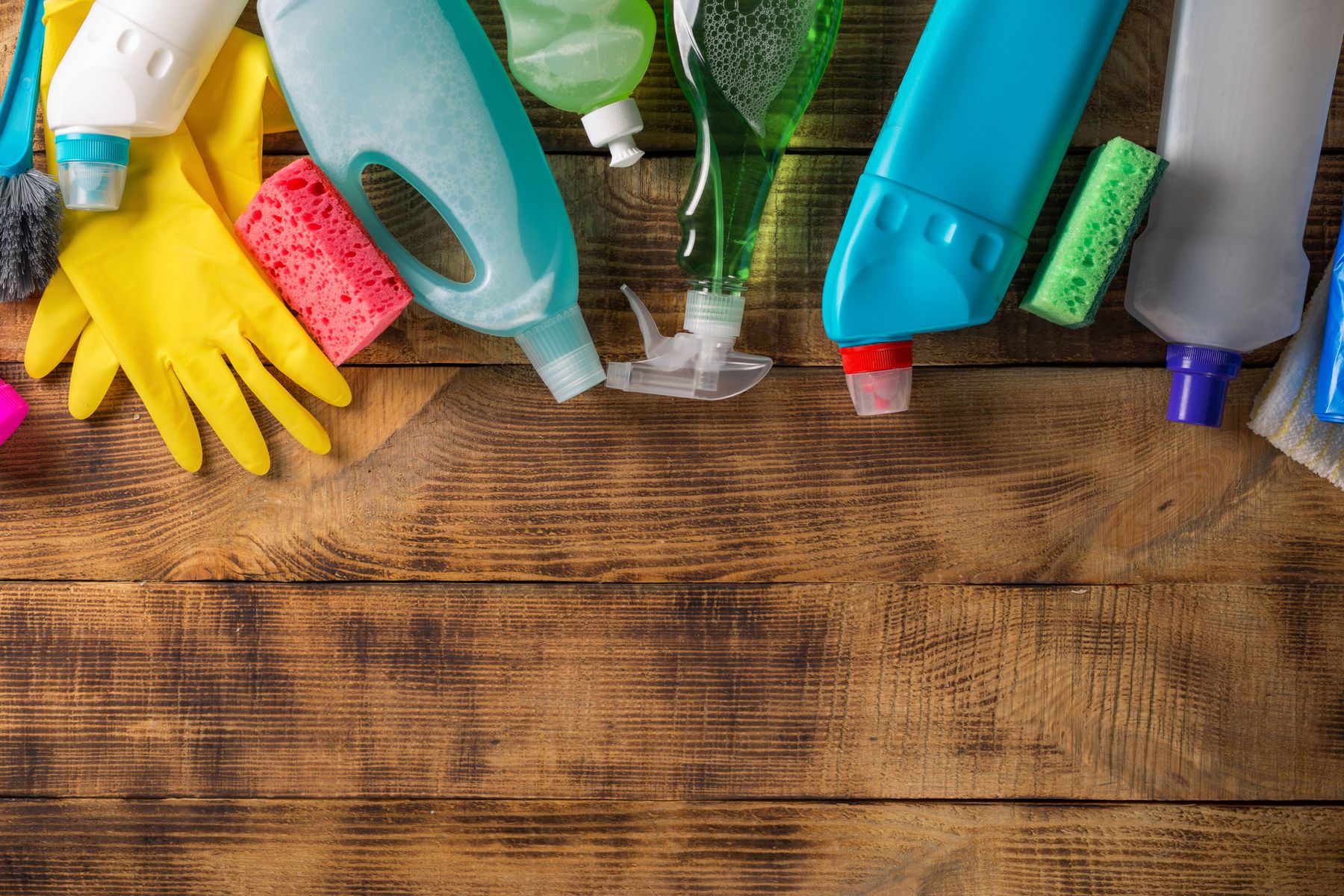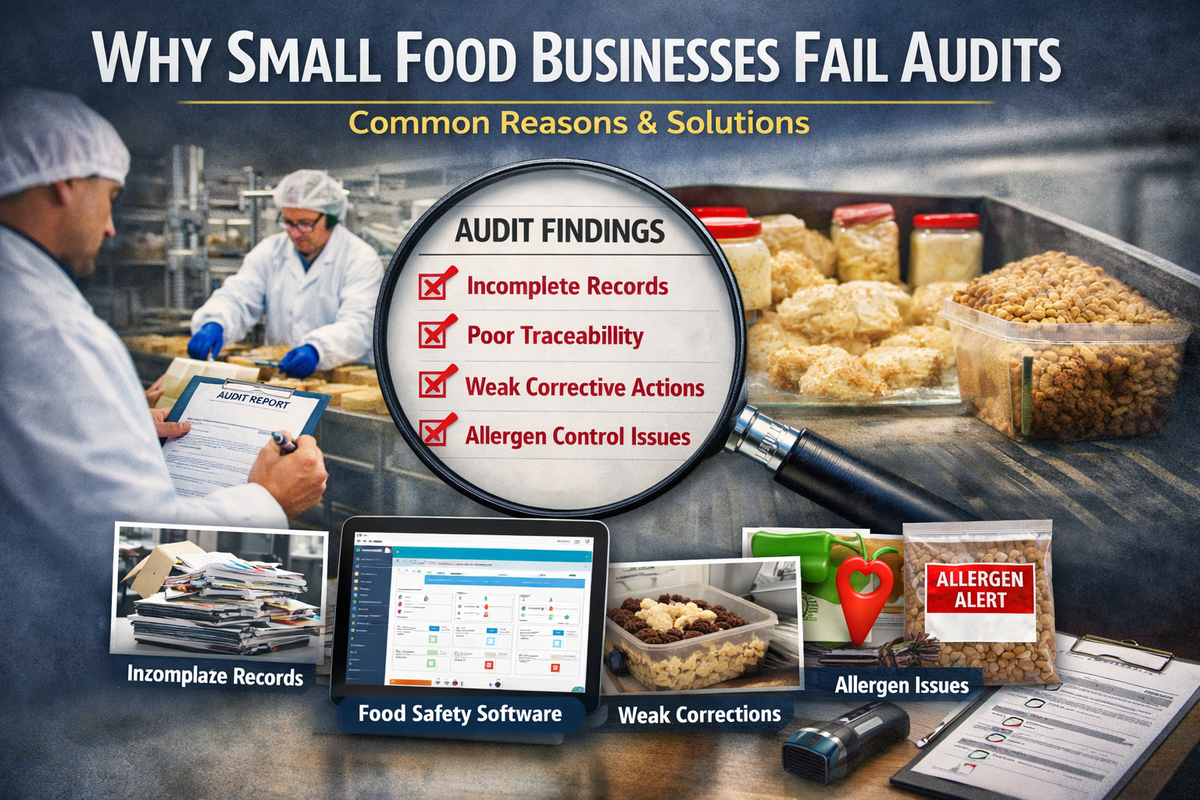The Importance of a Master Cleaning Schedule in Food Safety and How Food SaaS Can Help
In the food industry, cleanliness is not just a priority—it's a necessity. One of the pillars of maintaining the highest standards of hygiene and food safety is having a robust Master Cleaning Schedule (MCS). A well-structured MCS serves as a roadmap for ensuring every nook and cranny of your food processing facility is clean, safe, and compliant with health regulations.
What is a Master Cleaning Schedule?
A Master Cleaning Schedule is a comprehensive document that details all the cleaning tasks required in a food processing or manufacturing facility. It includes what needs to be cleaned, how often, by whom, and the methods and products to be used. This schedule is designed to ensure consistent cleanliness, which is crucial in preventing foodborne illnesses and contamination.
Key Elements of an Effective Master Cleaning Schedule
-
What to Clean: Identify all areas, equipment, and surfaces that need to be cleaned. This includes everything from the floors and walls to utensils, cutting boards, and storage bins.
-
Frequency of Cleaning: Determine how often each item or area needs to be cleaned. Some may require daily cleaning, while others might need weekly, monthly, or yearly attention.
-
Cleaning Procedure: Specify the cleaning method and the products to be used for each task. It's essential to ensure these methods are effective against potential contaminants specific to your operation.
-
Person Responsible: Assign each task to specific individuals or teams. This helps ensure accountability and that tasks are completed as scheduled.
-
Recording and Verification: Keep a record of when and by whom each task was completed. Regular verification of cleaning effectiveness, such as swabbing and visual inspections, is also necessary.
The Role of a Master Cleaning Schedule in Food Safety
A well-executed MCS is critical in maintaining food safety. It helps prevent cross-contamination, controls allergens, and minimizes the risk of foodborne diseases. By ensuring that all areas are cleaned regularly and adequately, a MCS reduces the likelihood of microorganisms, dirt, and debris accumulating in your facility—factors that could otherwise lead to serious health hazards.
Enhancing Your Master Cleaning Schedule with Food SaaS
In today's digital age, leveraging technology can make managing your Master Cleaning Schedule easier and more efficient. This is where Food Safety as a Service (Food SaaS) comes into play.
Food SaaS solutions, like those available from NORMEX, can help automate aspects of your MCS, reducing the risk of human error and increasing efficiency. For instance, with a Food SaaS platform, you can:
-
Automate Scheduling: Set up automated schedules for different cleaning tasks, ensuring nothing falls through the cracks.
-
Assign Tasks: Allocate cleaning tasks to specific team members and send automated reminders when tasks are due.
-
Track and Verify: Keep a real-time record of completed tasks and use built-in tools for verifying cleaning effectiveness.
-
Centralize Information: Store all your MCS data in one place, making it easy to access, update, and share information across your team.
As we celebrate Food Saturday—a day dedicated to acknowledging the importance of food safety and quality—let's remember that a thorough, well-managed Master Cleaning Schedule is crucial in our commitment to delivering safe, high-quality food products.
By integrating a Food SaaS solution into your food safety procedures, you can ensure your MCS is always up-to-date, tasks are completed on time, and your facility remains clean and compliant. Remember, in the realm of food safety, cleanliness is indeed next to godliness!
So, let's embrace the power of technology and continue striving for excellence in food safety. After all, at the end of the day, it's all about delivering the safest, most delicious food to our customers.







